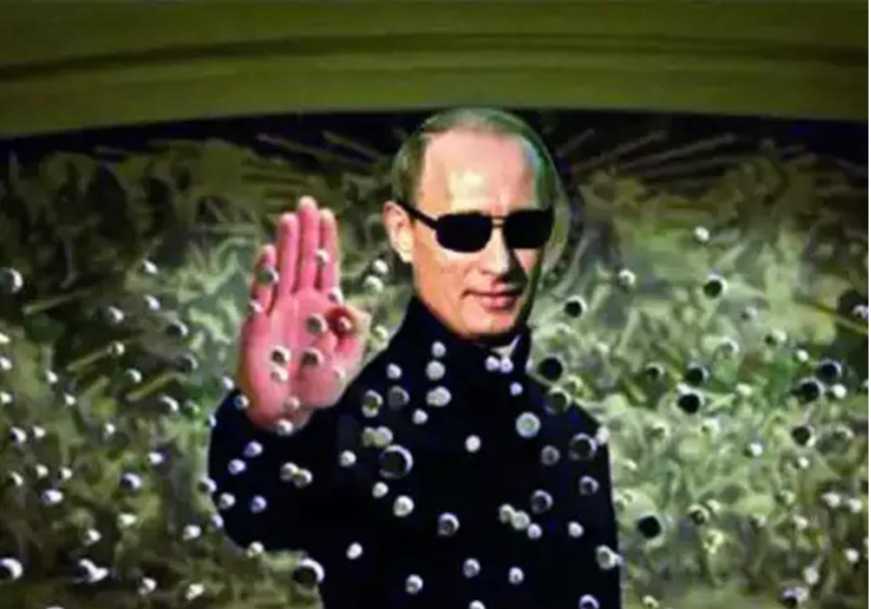-
CENTRES
Progammes & Centres
Location
Putin can now underline to the rest of the world how Russians are solidly behind his policies regardless how they seem to outsiders.

Vladimir Putin is on a roll. Again. He has won another landslide victory in what can be called ‘democratic elections with Russian characteristics’, gaining his fifth term in office as prez. Hailing Russia’s presidential campaign as far more advanced than the US because of the provision of online voting, Putin has been celebrating his 87%-plus vote share. He is poised to remain in power until at least 2030, having governed Russia since 2000.
While many including in the West, may not be convinced about the validity of the polls being ‘free and fair’, Putin has no intention- or need- to assuage such concerns. It is domestic support that he now can showcase to the rest of the world and underline how Russians are solidly behind his policies regardless how they seem to outsiders.
Putin’s competition were three-officially authorized challengers from Russia’s Kremlin-friendly parliament. It is fortuitous that his harshest critics have either sought refuge abroad or found themselves imprisoned. Or, in the case of Alexei Navalny, his most formidable political adversary, was found dead last month after a walk at the ‘Polar Wolf’ Arctic penal colony where he was serving a 19-year sentence - on trumped up charges.
Putin is now the longest-serving Kremlin leader since Joseph Stalin. So, it shouldn't come as a surprise that death and disappearance of dissidents and critics have been part of everyday life in Vladimir's Russia. Kremlin's control over media and judiciary is textbook, and the president has gained both fans and detractors through his authoritarian, strongman appeal.
Domestically, many see Putin as a leader who has righted old wrongs, restored Russian pride and pushed back the West's agenda of stifling a once-great and -proud nation. The 21st-century tsar has capitalised on nationalist sentiment by promoting Russian identity and pride. During his tenure, oil and gas have fuelled economic growth and stability, particularly in the early 2000s. This, too, has provided Putin a carte blanche.
The Ukraine war seems to have further cemented his popularity, despite some war fatigue. Russia's economy also seems to have weathered Western sanctions much better than many had predicted. With the landslide electoral victory, Putin is free to portray it as a sign of strong support for waging war.
In his victory speech, he not only vowed to prioritise Russia's military offensive in Ukraine but also directed a warning shot to the West that a direct conflict between Russia and NATO would mean taking a step closer to 'World War 3'.
Germany has described Russia's election as a 'pseudo-election'. The US said the vote is 'obviously not free nor fair'. But much of the world, including India, China, Iran and Saudi Arabia, congratulated Tsar Putin on his re-election. So, Western criticism is likely to continue feeding his appeal as a leader standing up to the West. Remember, Russia will be hosting the annual BRICS summit later this year, showcasing its ability to mobilise a large part of the world not comfortable with the Western-dominated global order.
For New Delhi, too, there are enough reasons to seek a stable relationship with Putin-led Russia. Despite pressure of the Ukraine war, India has been successful in keeping its ties with Moscow and with the West on an even keel. But an emboldened Putin is even less likely to heed India's advice on this not being the time for war. A tightening of Russia-China embrace is also likely to confound New Delhi's options.
Putin is right when he says that 'no enduring international order is possible without a strong and sovereign Russia'. But it is equally true that long-term trends - serious demographic decline, fraying domestic institutions, weak economic foundation, costs of a long attritional war - do not generate a sense of confidence that a strong Russia at peace with itself and its neighbours can emerge anytime soon. And that is a challenge for Russia's friends and foes alike.
This commentary originally appeared in The Economic Times.
The views expressed above belong to the author(s). ORF research and analyses now available on Telegram! Click here to access our curated content — blogs, longforms and interviews.

Professor Harsh V. Pant is Vice President – Studies and Foreign Policy at Observer Research Foundation, New Delhi. He is a Professor of International Relations ...
Read More +